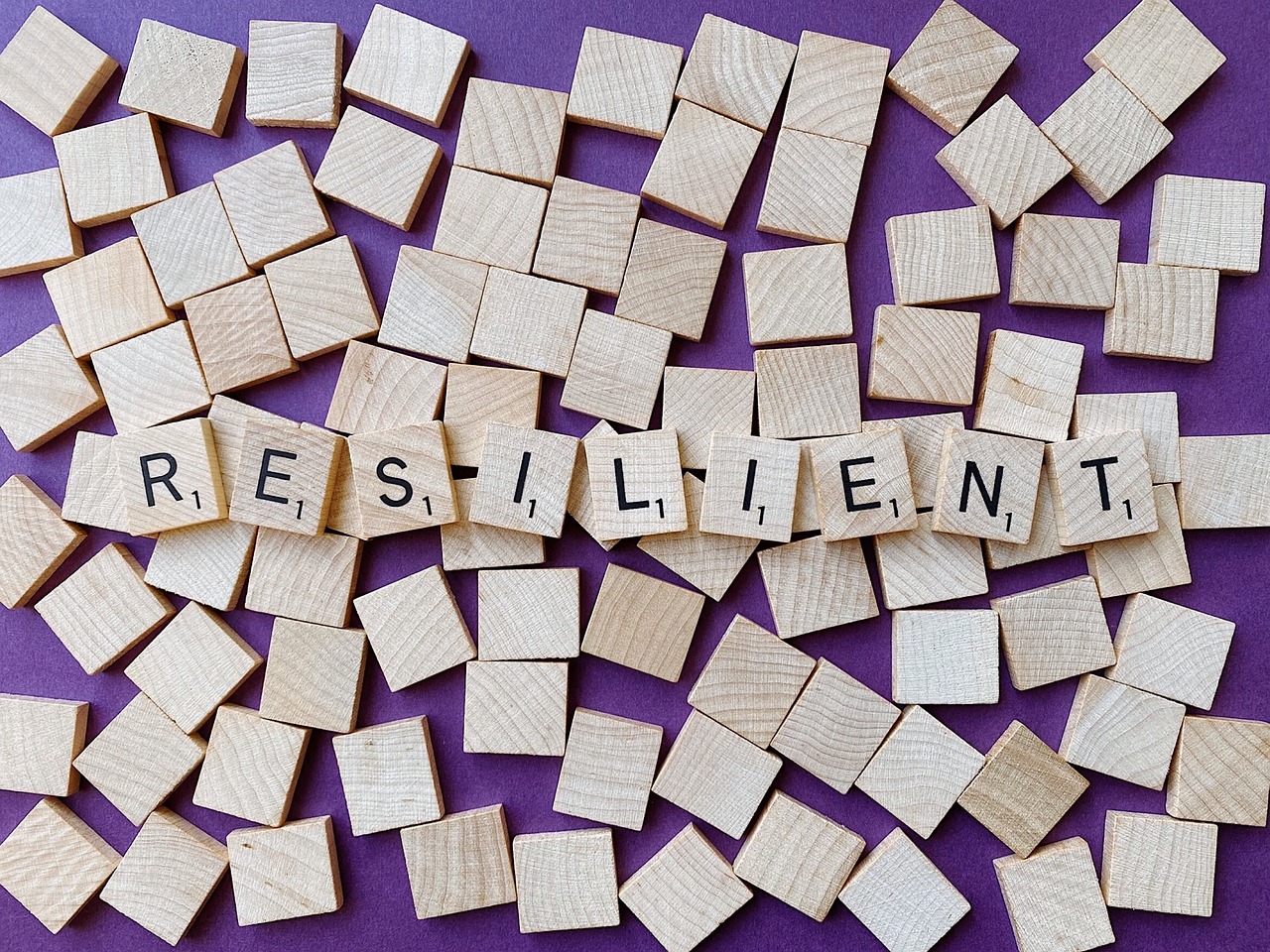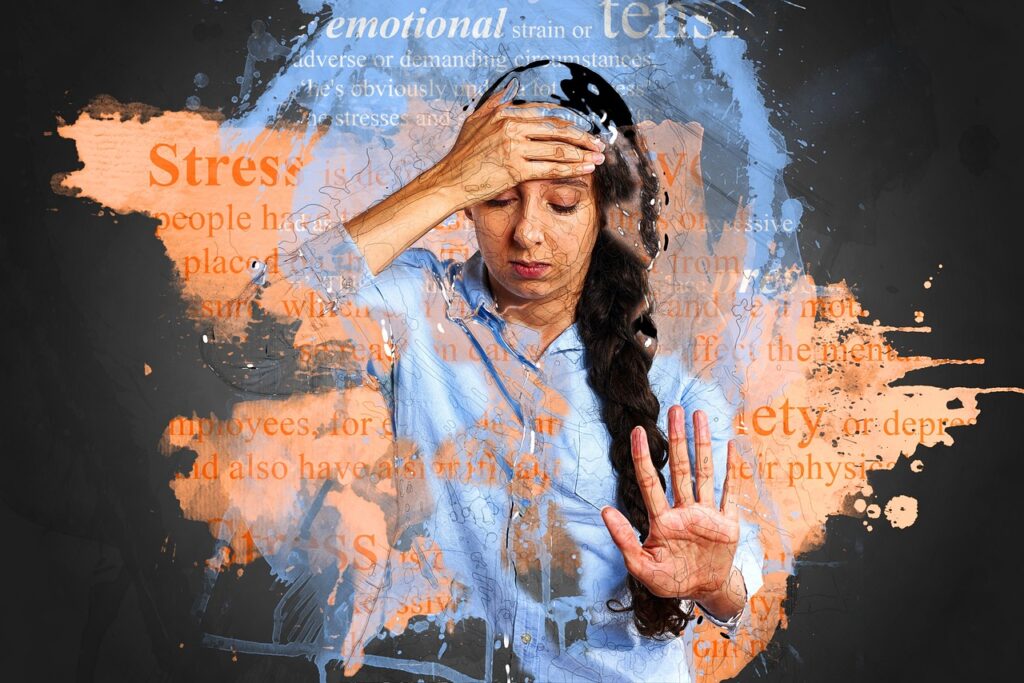Self-resilience refers to the ability to bounce back from setbacks, adapt to challenges, and maintain a positive outlook despite adversity. It involves emotional strength, flexibility, and a proactive mindset, enabling individuals to cope with stress and navigate life’s difficulties effectively.
Components of Self-Resilience
- Emotional Regulation: The skill to regulate and react to emotions in a positive and constructive manner.
- Adaptability: Flexibility in adjusting to new circumstances and challenges.
- Optimism: A hopeful outlook that emphasizes the potential for positive outcomes.
- Problem-Solving Skills: The capability to find solutions in difficult situations.
What are the signs of a lack of Self-Resilience?
Lack of self-resilience can manifest in various ways, affecting how individuals respond to challenges, stress, and adversity. Here are some common signs:
Emotional Signs
- Overwhelming Stress: Feeling easily overwhelmed by everyday challenges or stressors.
- Frequent Anxiety or Fear: Experiencing persistent feelings of anxiety, fear, or worry about the future.
- Low Mood: Struggling with feelings of sadness or hopelessness, particularly after setbacks.
Cognitive Signs
- Negative Thinking Patterns: Engaging in catastrophic thinking or focusing primarily on the worst-case scenarios.
- Difficulty Problem-Solving: Struggling to come up with solutions or strategies when faced with obstacles.
- Self-Doubt: Frequently questioning your abilities and decisions, leading to indecision.
Behavioral Signs
- Avoidance: Avoiding situations that may involve stress or discomfort rather than confronting them.
- Substance Abuse: Using drugs, alcohol, or other substances as a coping mechanism for stress or emotional pain.
- Withdrawal from Support: Isolating yourself from friends, family, or support networks when facing difficulties.
Motivational Signs
- Lack of Initiative: Hesitating to take action or pursue goals due to fear of failure or feeling inadequate.
- Procrastination: Putting off tasks or responsibilities because they seem overwhelming or stressful.
Interpersonal Signs
- Conflict Avoidance: Struggling to address conflicts or difficult conversations, leading to unresolved issues.
- Dependency on Others: Relying heavily on others for emotional support or decision-making, rather than trusting your judgment.
Physical Signs
- Physical Symptoms of Stress: Experiencing frequent headaches, fatigue, or other stress-related physical symptoms.
- Changes in Sleep Patterns: Having difficulty sleeping, whether it’s insomnia or sleeping excessively due to stress.
Recognizing these signs can help you understand the impact of low self-resilience on your life. If you identify with several of these indicators, consider exploring strategies for building resilience or seeking support from a professional.
How To Build Self-Resilience?
Building Self-Resilience: Detailed Steps
- Cultivate a Growth Mindset:
- Embrace Challenges: See challenges as chances for growth instead of viewing them as threats.
- Learn from Feedback: Utilize constructive criticism as a tool for enhancing your skills and abilities.
- Develop Emotional Awareness:
- Identify Emotions: Take time to recognize and label your emotions, understanding their causes.
- Practice Mindfulness: Engage in mindfulness exercises to stay present and manage stress effectively.
- Strengthen Problem-Solving Skills:
- Break Down Problems: Analyze challenges into smaller, manageable parts and address them one at a time.
- Brainstorm Solutions: Encourage creative thinking by brainstorming multiple solutions for a problem.
- Build a Support Network:
- Connect with Others: Foster relationships with friends, family, or support groups that provide encouragement.
- Seek Help When Needed: Don’t hesitate to reach out for support during tough times.
- Set Realistic Goals:
- SMART Goals: Set Specific, Measurable, Achievable, Relevant, and Time-bound goals to create a sense of direction.
- Celebrate Progress: Acknowledge and reward yourself for achieving goals, no matter how small.
- Practice Self-Care:
- Physical Health: Incorporate regular physical activity, follow a balanced diet, and prioritize sufficient sleep.
- Mental Well-Being: Incorporate activities that bring you joy and relaxation, such as hobbies or meditation.
- Maintain a Positive Perspective:
- Practice Gratitude: Keep a gratitude journal to reflect on positive aspects of your life.
- Reframe Negative Thoughts: Challenge negative thinking patterns by finding a more positive or realistic perspective.
- Develop Coping Strategies:
- Healthy Coping Mechanisms: Identify and practice healthy ways to cope with stress, such as deep breathing, yoga, or journaling.
- Limit Negative Coping: Avoid reliance on unhealthy coping mechanisms, like substance abuse or excessive avoidance.
- Learn from Experiences:
- Reflect on Past Challenges: Analyze how you handled previous difficulties and what you learned from them.
- Adapt Strategies: Apply lessons learned to future challenges to improve your resilience.
- Seek Professional Guidance:
- Therapy or Counseling: A mental health professional can provide tailored strategies for building resilience and coping effectively.
Conclusion
Building self-resilience is an ongoing process that involves self-reflection, skill development, and a commitment to personal growth. By taking proactive steps and cultivating a resilient mindset, you can better navigate life’s challenges and emerge stronger from adversity.



